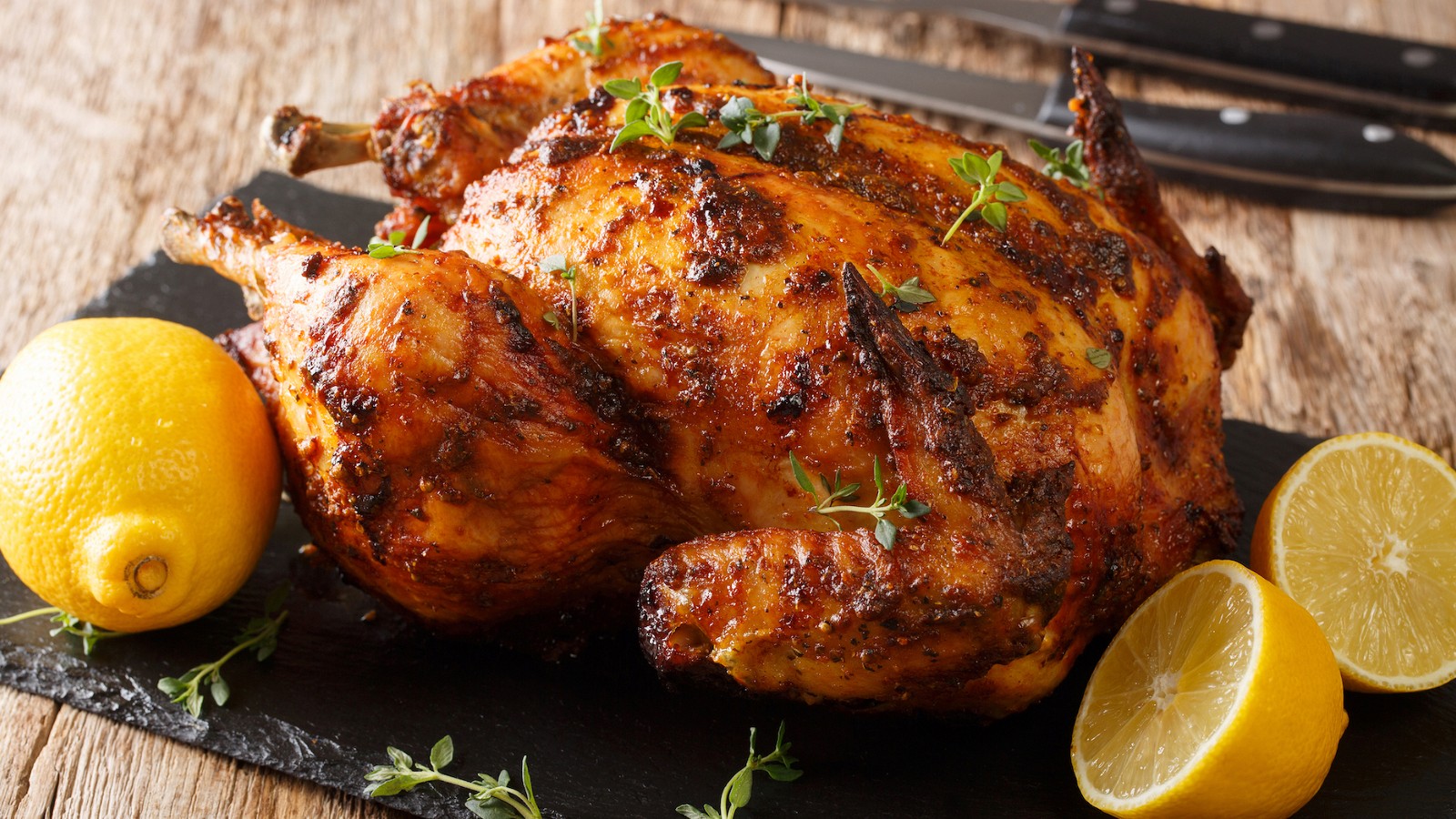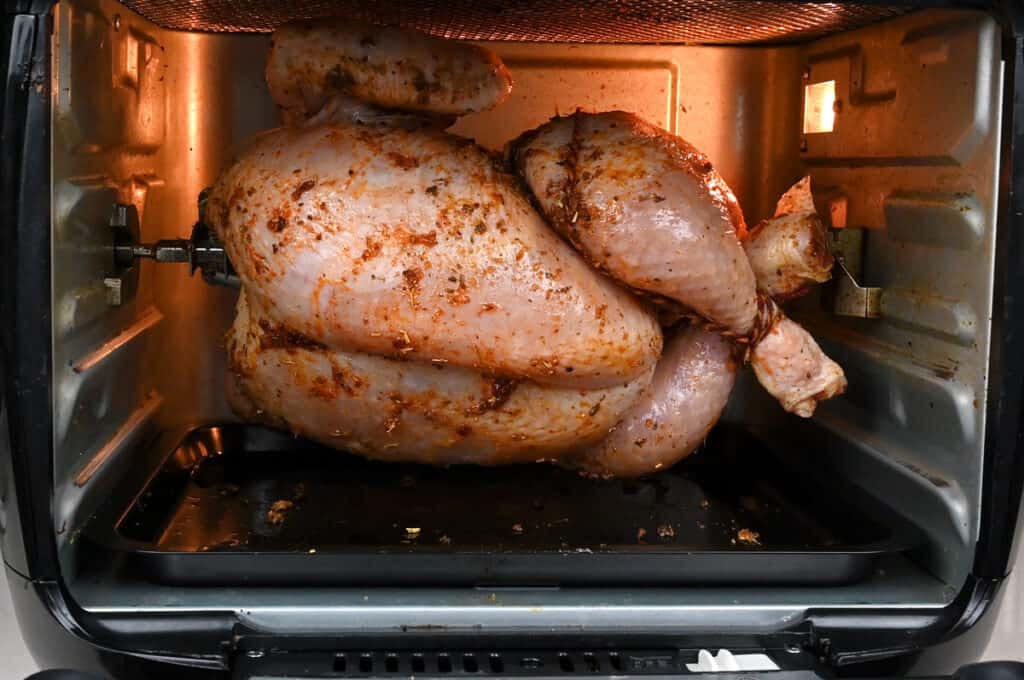Why Is Rotisserie Chicken Bad for You? Unraveling Hidden Truths
Written By James Morgan
Rotisserie chicken has become a go-to meal option for many, thanks to its convenience and delicious flavor. But recent discussions have raised eyebrows about its potential downsides. Why is rotisserie chicken bad for you? Let's delve into the deeper issues surrounding this popular poultry and uncover what barbecue enthusiasts should be wary of.

The Nutritional Concerns
First and foremost, let's tackle the nutritional profile of rotisserie chicken. While chicken is generally considered a healthy protein source, rotisserie chicken presents several issues. These primarily revolve around excess sodium and harmful additives.
Excess Sodium
The convenience of rotisserie chicken often comes at a cost: high sodium levels. According to nutrition experts, some rotisserie chickens can contain over 1,000 milligrams of sodium per serving. That's almost half the recommended daily intake!
Harmful Additives
Flavor enhancers, preservatives, and other additives are commonly used in the preparation of rotisserie chickens. These chemicals can wreak havoc on your health over time, leading to issues like high blood pressure and other cardiovascular problems.

Oil and Fat Content
Another reason why rotisserie chicken might be bad for you lies in its oil and fat content. These chickens are often cooked in oils that can introduce unhealthy fats into your diet.
Trans Fats
Some commercial rotisserie chickens are cooked with hydrogenated oils, which contain trans fats. These fats are notorious for increasing bad cholesterol levels and reducing good cholesterol levels.
Saturated Fats
Even if trans fats are avoided, the use of certain oils can still lead to increased saturated fat content, posing additional health risks.

Potential Exposure to Toxins
When discussing why rotisserie chicken could be harmful, it's important to consider the potential toxins from improper handling or storage. Concerns include bacterial contamination and exposure to carcinogenic chemicals.
Bacterial Contamination
Improper handling and storage can lead to bacterial contamination, such as salmonella and E. coli. These bacteria can cause severe foodborne illnesses.
Carcinogenic Chemicals
During the cooking process, especially when the skin is charred, rotisserie chicken can generate carcinogenic compounds like heterocyclic amines (HCAs) and polycyclic aromatic hydrocarbons (PAHs).

Questionable Ingredients
To make rotisserie chicken more appealing and extend its shelf life, some producers use questionable ingredients, including artificial flavors and colors.
Artificial Flavors and Colors
While they enhance taste and appearance, artificial flavors and colors offer no nutritional benefits and may pose long-term health risks.
Practical Tips and Considerations
If you're a barbecue enthusiast, there are still ways to enjoy rotisserie chicken without compromising your health.
Choose Organic or Free-Range Options
Opt for organic or free-range rotisserie chickens to avoid harmful additives and excessive sodium.
Control Sodium and Fat Content
Read labels carefully and choose chickens with lower sodium and fat content. You can also remove the skin to reduce fat intake.
Cook Your Own
Cook rotisserie chicken with healthier ingredients to ensure better control over what goes into your meal.
For more insights, visit How to warm up rotisserie chicken and how to make bone broth.
FAQ
How much sodium is in rotisserie chicken?
The sodium content in rotisserie chicken can exceed 1,000 milligrams per serving.
Are rotisserie chickens cooked with healthy oils?
Often, rotisserie chickens are not cooked with healthy oils, leading to increased trans and saturated fats.
Can rotisserie chicken have bacterial contamination?
Yes, improper handling and storage can lead to bacterial contamination like salmonella and E. coli.
As an Amazon Associate, I earn from qualifying purchases.



